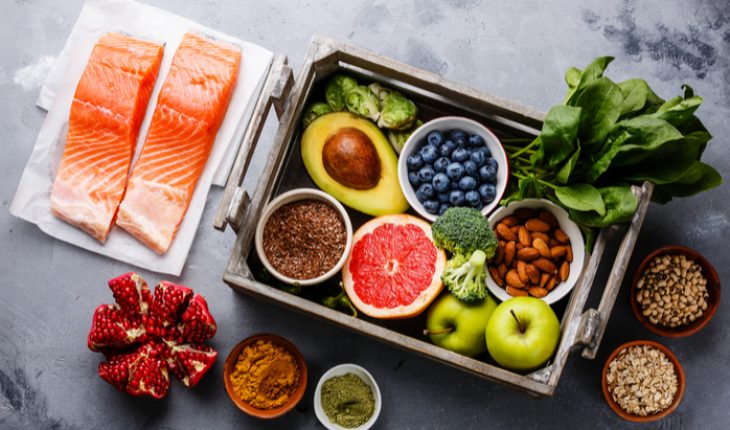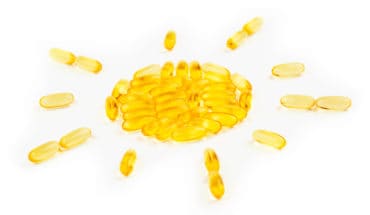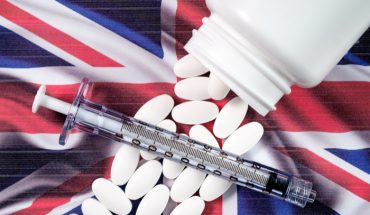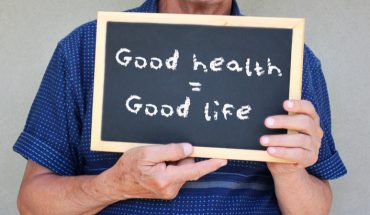Good nutrition is vital if we want to maintain our health but it matters even more if we are recovering from illness. After cancer treatment, the mind and body are often at a low ebb and balanced targeted nutrition can optimise recovery.
From the outset, it is important to focus on the gut and the liver which are both organs that can be adversely affected by chemotherapy and radiotherapy. I always suggest that people who are in recovery eat plenty of foods that help detoxify the liver. These include vegetables from the cruciferous family like green spinach, curly kale, pak choi, rocket and sprouts and the allium group of vegetables including garlic, leeks and onions. All contain high levels of magnesium and the B group of vitamins which support the liver. Allium vegetables are also packed full of sulphur which helps to support the immune system.
It is also important to avoid dietary toxins which put the liver under pressure, so I suggest cutting out alcohol and caffeinated drinks in the first stages of recovery.
Good gut bacteria can be wiped out by chemotherapy and medications and it is vital to restore this balance as soon as possible to prevent the gut being colonised by pathogens. Fermented foods like miso soup, and kefir, which is a sour yoghurt drink, are excellent ways to restore good bacteria in the gut, which is a vital pillar on the body’s immune system. I do recommend probiotic supplements to those people who do not eat lots of fermented foods in their normal diet.
Long-term illness can lead to inactivity and muscle wastage. People recovering from cancer will need to boost their protein intake to help their bodies renew lost muscle and become stronger. As a minimum, people should try and get one gram of protein in their diet, per kilogram of bodyweight, every day. So a 70 kilogram woman should aim for 70 grams of protein in her diet daily. A three-egg omelette contains around 18 grams of protein compared to a portion of poached salmon which contains around 25 grams. Vegetarians and vegans actually have to work harder to get protein in their diets since half a tin of chickpeas only contains around 6-8 grams of protein. However, it is possible to eat enough protein through a variety of plant based protein sources without touching meat products.
Recovering from illness is no time to eschew fat and I recommend that people eat plenty of ‘good’ fats found in oily fish, avocado, olive oil, nuts and seeds. These essential fats are also good for brain health and hormone production. Avoid refined sugar and ‘white’ carbohydrates since these contain very little nutrients and simply offer empty calories. Follow the 80/20 rule when it comes to sweet treats. Stick to healthy balanced eating 80 per cent of the time and don’t beat yourself up if you have ice cream in front of the TV on odd occasions.
Antioxidants are essential for helping to mop up damaging free radicals in the blood and you can find them in so-called ‘rainbow food’ – the brightly coloured fruits and vegetables which come in every colour of the rainbow. Think of blueberries, pomegranates, butternut squash and yellow peppers. Don’t eat nothing but beige food – this is likely to lack Vitamin C, the D and B vitamins.
Green tea is rich in L-theanine which is proven to help relieve nervousness, anxiety and stress. Herbal teas can offer a range of benefits, from helping someone to sleep more easily (camomile), to relieving bloating and improving digestion (fennel and peppermint.)
People in recovery should always ensure they drink plenty of water throughout the day – one and half litres for normal activity and up to two litres for those who are more active or exercising vigorously. Drink little and often and help your body stay hydrated so it can work most efficiently to heal itself.
- Healthy micro biome, healthy you - 20th March 2018
- Good nutrition vital for breast cancer recovery - 2nd October 2017







Good nutrition is vital for health which begs the question as to why hospital food is such non-nutricious sludge.